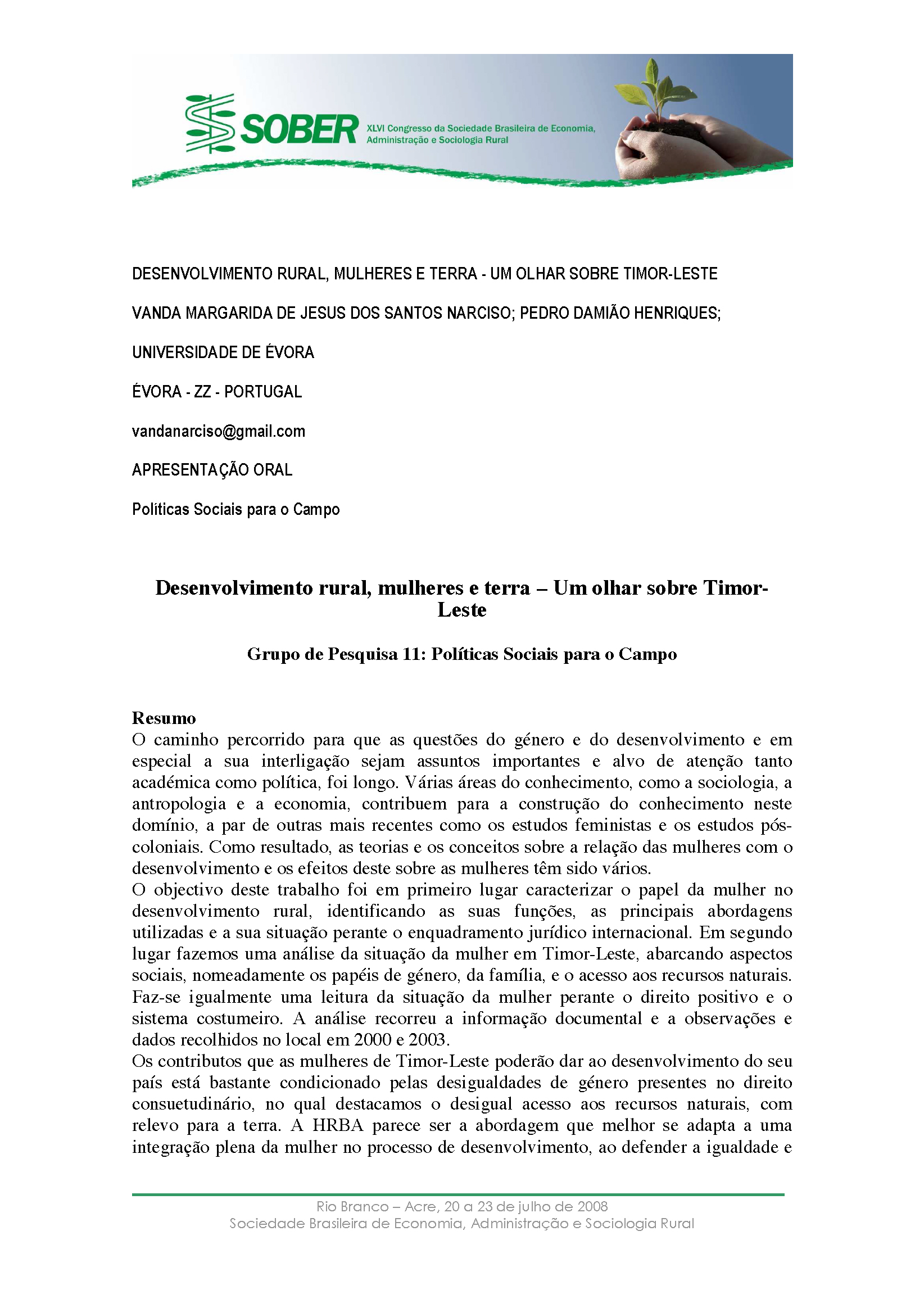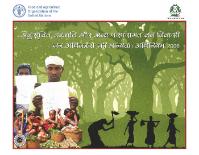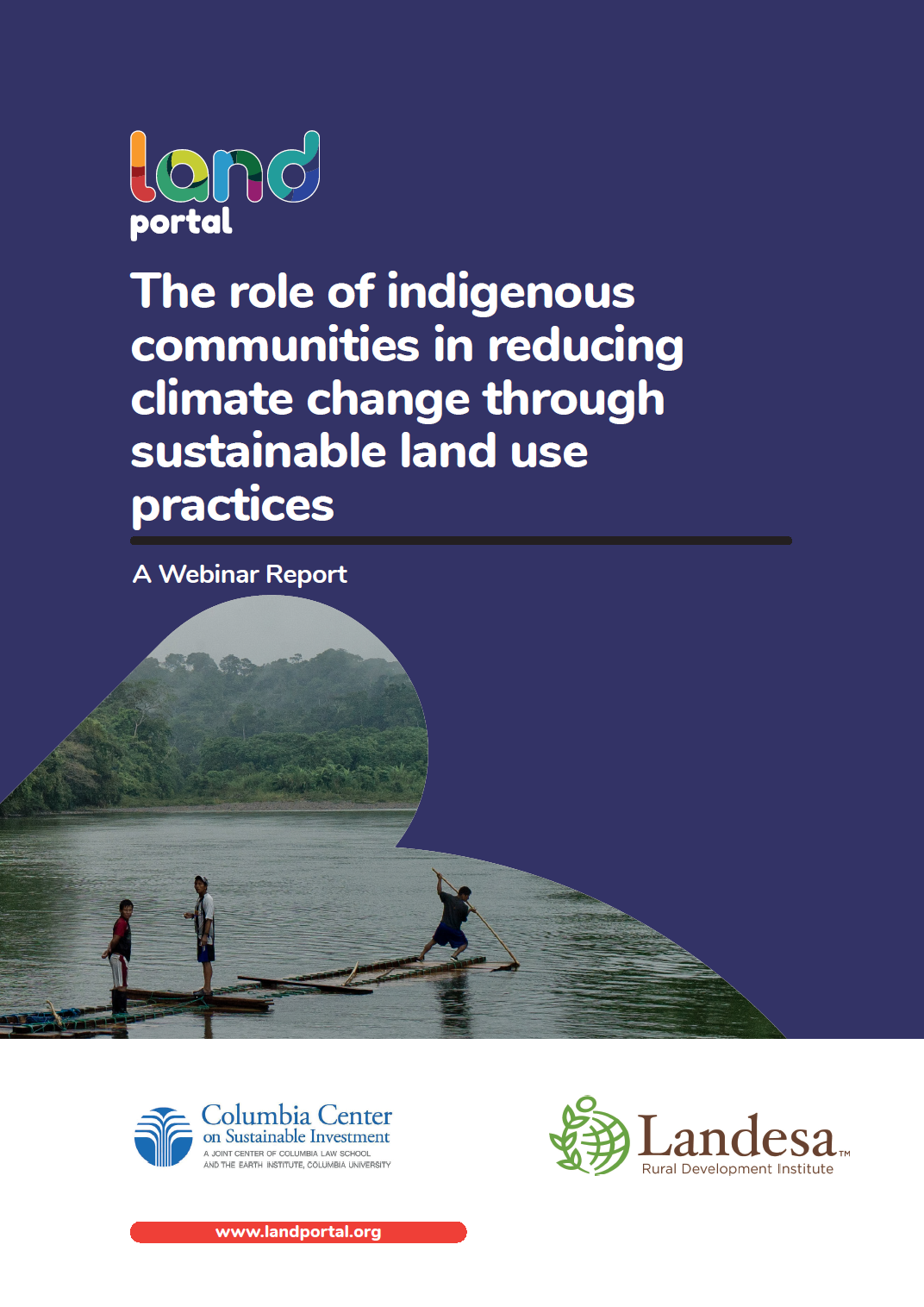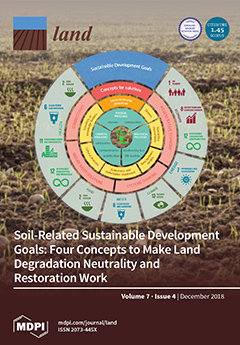DESENVOLVIMENTO RURAL, MULHERES E TERRA
O caminho percorrido para que as questões do género e do desenvolvimento e em especial a sua interligação sejam assuntos importantes e alvo de atenção tanto académica como política, foi longo. Várias áreas do conhecimento, como a sociologia, a antropologia e a economia, contribuem para a construção do conhecimento neste domínio, a par de outras mais recentes como os estudos feministas e os estudos póscoloniais. Como resultado, as teorias e os conceitos sobre a relação das mulheres com o desenvolvimento e os efeitos deste sobre as mulheres têm sido vários.








